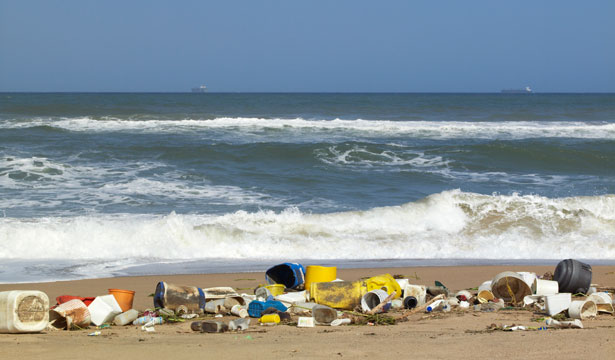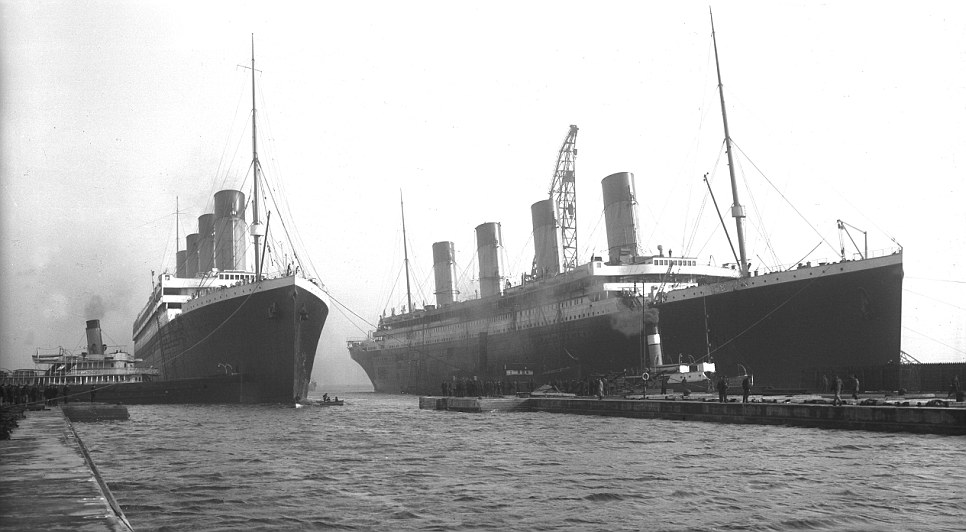

The beauty and mystery of oceans are as unfathomable as its depth. But marine pollution is a critical issue in the modern world, destroying the health and vitality of vast oceans. It is estimated that over 80% of all aquatic pollution comes from land-based activities indicating mankind’s casual attitude towards the great water body that constitutes about 97% of the Earth’s water supply.
The Rise Of Blue Movement
There is a ray of hope in improving the state of oceans after the rise of the ‘Blue Movement’. Initiated by seaweed rebels, Blue Movement wishes to restrict the cascading level of ocean pollution by promoting new ocean ethics.
The Blue Movement intends to fight some crucial issues, such as, awkward ocean management, contaminated coastal waters, disappearing coral reefs and the increased manner in which fish stocks are vanishing. Seaweed rebels constitute a group of environment lovers, mostly marine working class people. David Helvarg, the founder of the movement, in his utmost desire to restore the original vitality to seas, has written a book named ‘50 Ways to Save the Ocean’. The propagators of Blue Movement want to make growing awareness among people regarding marine pollution so that more means to stop pollution can be explored.
Oceans are facing severe war not from a single source but from a multitude of sources that destruct ocean life. The rate of pollution is ever increasing and it is projected that an overwhelming amount of the total waste has been pumped into the ocean body sine the past 60 years. Marine pollution is not a problem that affects only the water species and aquatic living organisms; it poses serious threats to the rest of the Earth, human health and resources. For centuries, the oceans have been absorbing pollutions without any apparent negative effects. This was made possible due to its sheer size. But now, with the ever increasing level of pollution, oceans are incapable of accommodating any more waste and are becoming sicker with each unit of pollutants.
Let us explore some of the major sources of marine pollution.
Oil Spills – Oil pollution is the most threatening form of marine pollution. There is a huge increase in the sources and volumes of oil input into the marine environment lately. Oil pollution caused by tanker mishaps and tank washing at sea are the most obvious forms of oil pollution. Another major portion of oil pollution is due to the constant and careless habits in the use of oil and oil products. Oily storm water drainage from cities and farms, crude waste clearance from factories and industrial facilities, and unregulated recreational boating are a few other causes of marine oil pollution. Long term impacts such as pollution of hundreds of beaches and ruining of local fishing industries are the result.
Toxic Wastes – Toxic wastes are poisonous materials that cause potential damage to aquatic plants and animals. The harmful effects of toxic waste being dumped into ocean may not be restricted to ocean life. It can even enter the food chain and may ultimately become a part of our seafood. The sources of toxic waste are dumps, mines, factories and farms.
Garbage Dumping – Dumping of trash into oceans constitute another great threat to ocean life. Dumping of plastic is increasing at a greater pace. According to an estimate, plastic bags contribute about 60% of the noticeable mass of waste. Plastic garbage gets decayed at a slow pace and marine animals mistake it for food. It results in the death of marine mammals and numerous fish.
Water bottles, tires, balloons, shoes, toffee coverings, plastic bags are some of the garbage that enters oceans every year. This garbage may also return back to shores polluting beaches and coastal areas becoming nuisance to tourists and dwellers. Sewage disposals, fertilizers, boating etc. are some other causes of marine pollution.
The need to protect ocean – our ever-dwindling life source – is the need of the hour. Blue Movements and other similar activities should be given proper encouragement to implement positive action to improve our seas and the beaches. As responsible individuals, we need maintain our oceans in a bountiful and healthy form for future generations also. It is high time to bring Blue Movements everywhere because by safeguarding marine ecosystems we are saving Earth’s biggest life support system.
+++++++++++++++++++++++++++++++++++++++++++++++++++++++++++++++++++++++++++++++++++++
About the author: Amanda Kidd is a blogger who is very environmentally aware. She is very impressed with the concept of green music and going for beach vacations is something she is fond of.







